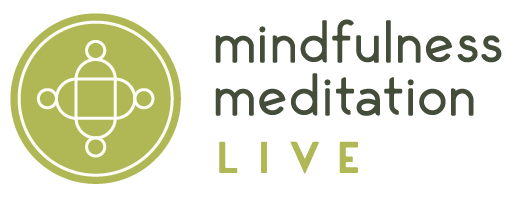Good Practice Standards
As a directory service, we would like to lift up all the hard work that has been put into developing good practice standards over the years, in a sector very much in flux.
Mindfulness Meditation Live is not a training organization, nor a credentialing organization. In reviewing applications of MBSR teachers wishing to be listed, we follow the guidelines and norms set by the leading training and research institutions in the field, which have collaborated for many years through the International Mindfulness Integrity Network.
These guidelines are also found on our sister website of the MBSR Teachers Collaborative of Greater New York.
Good Practice Guidelines
The Mindfulness Center at Brown, now led by senior faculty in the field of MBSR, including many from the original team at the Center for Mindfulness of the University of Massachusettes, have developed Good Practice Guidelines specific to teaching MBSR, last updated in June 2020. This team, like others leading in the field, are part of the IMIN Network (see below) and the GMC (Global Mindfulness Collaborative - website pending).
Standards specific to the Mindfulness-Based Stress Reduction program (MBSR)
Standards for the MBSR program were first formalized in 2001 by The Center for Mindfulness in Medicine, Healthcare, and Society at UMass Medical School. They were updated every few years, most recently in 2014. This last document contains more detail about the actual curriculum standards.
International Mindfulness Integrity Network Guidelines
IMIN is a global network informing the ethics and standards of mindfulness training and teaching. As a response to the growth of mindfulness programs globally, a large group of senior mindfulness teachers and trainers from around the world met in a series of workshops in 2015, exploring the topic of integrity in Mindfulness-based programs. This community has continued to work together and developed these guidelines:
A Framework for the Integrity of Mindfulness-Based Programs, May 2020 (living document)
Tending the Field of Mindfulness-Based Programs: The Development of International Integrity Guidelines for Teachers and Teacher Training
Teacher Competencies for Good Practice
The MBI:TAC was first developed in 2008 in the context of Mindfulness-Based Stress Reduction (MBSR) and Mindfulness-Based Cognitive Therapy (MBCT) programs in the UK, by a team of researchers at the Universities of Bangor, Exeter and Oxford. It is now being used to review competence and adherence of other MBIs, and has been broadly adopted by a number of teaching institutions.
BAMBA Good Practice Guidelines for Teaching Mindfulness
The British Association for Mindfulness-based Approaches (BAMBA) developed Good Practice Guidelines for Teaching Mindfulness-Based Courses in 2005, and continued to evolve them. The British community of training organizations pioneered a collaborative approach across credentialing institutions in the development of guidelines and standards. They have been an inspiration for many other organizations in Europe and the Americas.
EAMBA Ethical Guidelines for Mindfulness Teachers
The European Associations of Mindfulness-Based Approaches Standards for Teaching Mindfulness network was founded in August 2010 to facilitate dialogue and collaboration between national associations of teachers of MBSR and MBCT and other evidence-based secular mindfulness programs across Europe, and had developed Ethical Guidelines.
Important Disclaimer:
Although here at Mindfulness Meditation Live we follow these guidelines in our determination to list teachers and courses, we are not able, nor empowered, to enforce them.
If you have concerns about the credentials or ethics of any of the teachers listed on our site, we suggest:
1) attempting to tell the teacher directly if appropriate and safe to do so
2) expressing your concerns or making a formal complaint to the host organization where they are teaching
3) informing the institution where they trained and were endorsed to teach.
You can keep us informed of the process, but we will not be able to intervene. We may consider suspend the teacher’s listings until the grievance has been fully investigated and resolved.
